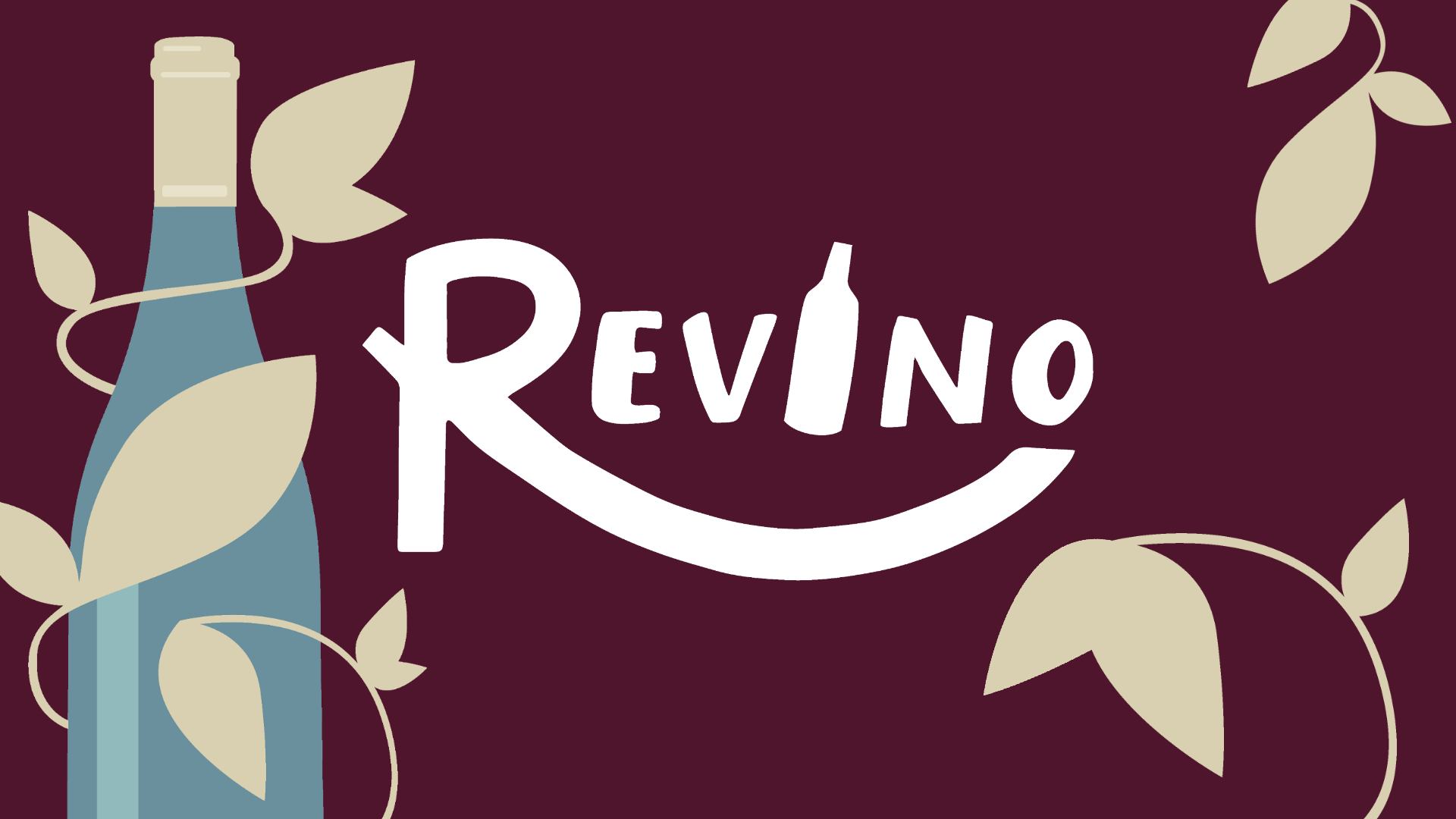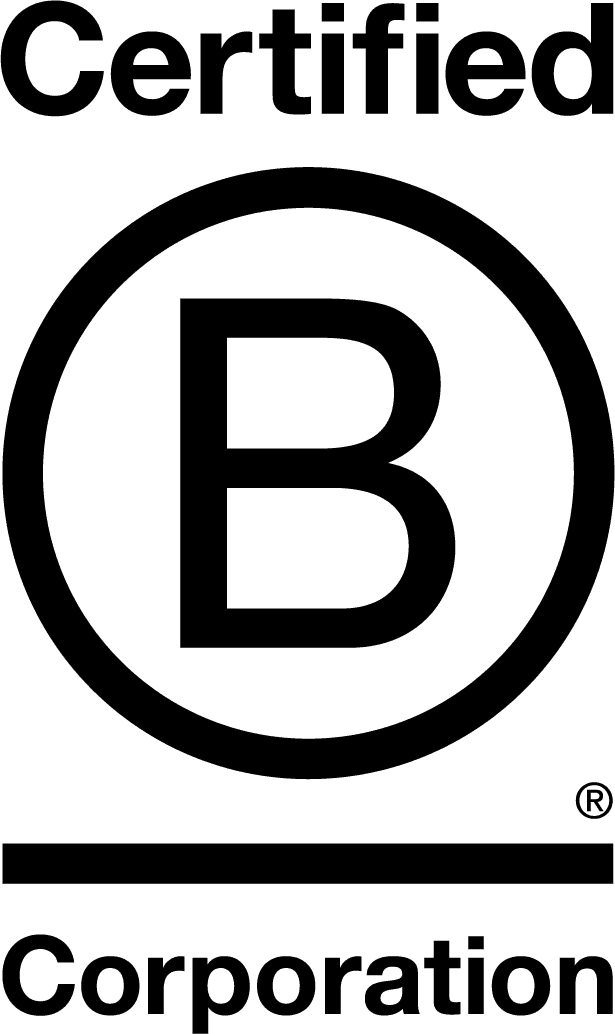

Revino Inc.

1.6
Oregon, United States
September 2025
Other retail sale
Wholesale/Retail
United States
Revino is a pioneering reuse company dedicated to reviving the reusable glass bottle ecosystem across the wine and beverage industry. Founded with a mission to clean the planet one bottle at a time, Revino designs and operates circular systems that make it simple, sustainable, and cost-effective for producers and consumers to participate in reuse. By localizing glass supply chains and establishing the first commercial-scale bottle washing and redistribution system in the United States, Revino helps reduce waste, lower carbon emissions, and strengthen community-based sustainability. Through partnerships with wineries, distributors, and retailers, Revino is building a robust and scalable reuse network that empowers businesses to eliminate single-use packaging while keeping costs steady. Guided by values of stewardship, innovation, and collaboration, Revino is committed to transforming the way the beverage industry thinks about packaging—proving that reuse is not only possible, but practical, profitable, and planet-positive.
Overall B Impact Score
Governance 6.5
Governance evaluates a company's overall mission, engagement around its social/environmental impact, ethics, and transparency. This section also evaluates the ability of a company to protect their mission and formally consider stakeholders in decision making through their corporate structure (e.g. benefit corporation) or corporate governing documents.
What is this? A company with an Impact Business Model is intentionally designed to create a specific positive outcome for one of its stakeholders - such as workers, community, environment, or customers.
Workers 15.4
Workers evaluates a company’s contributions to its employees’ financial security, health & safety, wellness, career development, and engagement & satisfaction. In addition, this section recognizes business models designed to benefit workers, such as companies that are at least 40% owned by non-executive employees and those that have workforce development programs to support individuals with barriers to employment.
Community 16.5
Community evaluates a company’s engagement with and impact on the communities in which it operates, hires from, and sources from. Topics include diversity, equity & inclusion, economic impact, civic engagement, charitable giving, and supply chain management. In addition, this section recognizes business models that are designed to address specific community-oriented problems, such as poverty alleviation through fair trade sourcing or distribution via microenterprises, producer cooperative models, locally focused economic development, and formal charitable giving commitments.
Environment 51.9
Environment evaluates a company’s overall environmental management practices as well as its impact on the air, climate, water, land, and biodiversity. This includes the direct impact of a company’s operations and, when applicable its supply chain and distribution channels. This section also recognizes companies with environmentally innovative production processes and those that sell products or services that have a positive environmental impact. Some examples might include products and services that create renewable energy, reduce consumption or waste, conserve land or wildlife, provide less toxic alternatives to the market, or educate people about environmental problems.
What is this? A company with an Impact Business Model is intentionally designed to create a specific positive outcome for one of its stakeholders - such as workers, community, environment, or customers.
Customers 3.2
Customers evaluates a company’s stewardship of its customers through the quality of its products and services, ethical marketing, data privacy and security, and feedback channels. In addition, this section recognizes products or services that are designed to address a particular social problem for or through its customers, such as health or educational products, arts & media products, serving underserved customers/clients, and services that improve the social impact of other businesses or organizations.